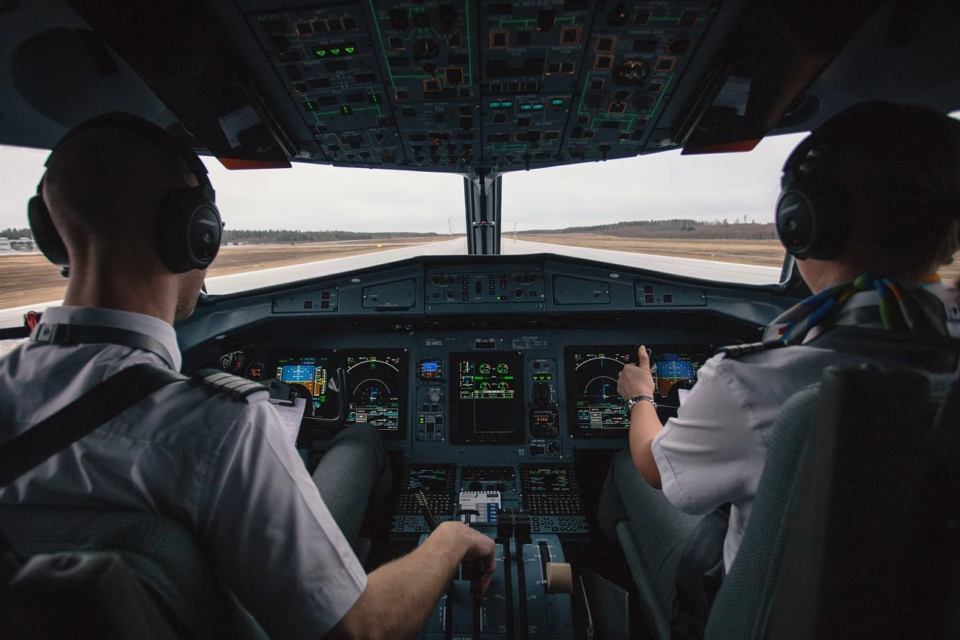Choosing a career can be one of the toughest decisions you can make. There are tons of factors that can go into making a career choice— from salary, to your personal interest level, to whether or not there are opportunities for growth. Previously on the blog, we discussed ‘Things You Need to Know About Becoming an Occupational Health Nurse’, including what occupational health is and the tasks a nurse in that field will have to execute. Today, we’re going to take a look at a job that can take you to new heights— literally.
Piloting is one of the most intense yet fulfilling lines of work there is. The 1950s and 1960s saw the rise of piloting as a prestige job, painting a glamorous picture of life in the sky. While the Golden Era of Aviation may be over, working as a pilot definitely ranks high on the list of most exciting jobs. If you’ve been thinking about a career change or want a look at what working in aviation is like, then here’s a brief primer on piloting.
The State of Piloting
While movies and TV may describe piloting as an exotic line of work, the reality of the industry is much more sobering. Airline industry insider Marisa Garcia has written extensively about the pilot shortage, a perfect storm of factors that in a few years will lead to a greater need for commercial pilots— and no one to take up the jobs. Changing demographics in the airline industry and a projected increase in travelers mean that the demand for pilots may soon outstrip the supply. On the plus side, that means that there’s no better time to find work as a pilot, but the effects of this shortage on the aviation industry may be far-reaching.
Job Requirements
Working as a pilot is highly specialized, and the requirements for the position can vary depending on your country’s aviation authority. For most countries, the bare minimum is a bachelor’s degree, although some will require only two years of college. The Federal Aviation Authority (FAA) requires pilots to be at least 23 years old, hold a commercial pilot certificate with instrument rating, pass the Airline Transport Pilot (ATP) knowledge and practical tests, have a minimum of at least 50 hours in the class of airplane, and have at least 1,500 hours total time as a pilot.
Salary
The general consensus about working as a pilot is that the pay is good, but that can actually vary depending on the type of pilot you are. The U.S. Bureau of Labor Statistics found that the median annual wage for commercial pilots in May 2018 was around USD$ 82,240, with the lowest 10% earning less than USD$ 44,660 and the highest 10% earning more than USD$ 160,480. Your salary is dependent on your seniority and experience as a pilot, as well as the type of airline you fly for, with bigger commercial airlines paying higher than regional commuter lines.
Required Skills
Finally, you’ll need to take a look at what the required skills are for the line of work you’re aiming to get into. The standard requirements for working as a pilot were briefly discussed above, but those aren’t the only things you’ll need. A report by Aviation JobNet found that hiring trends in the industry are now leaning towards ‘soft skills’ such as teamwork, adaptability, and critical thinking. Since piloting can be a complex job with lots of interaction among different parties, airlines prefer applicants who show that they have the appropriate problem-solving and communication skills.

